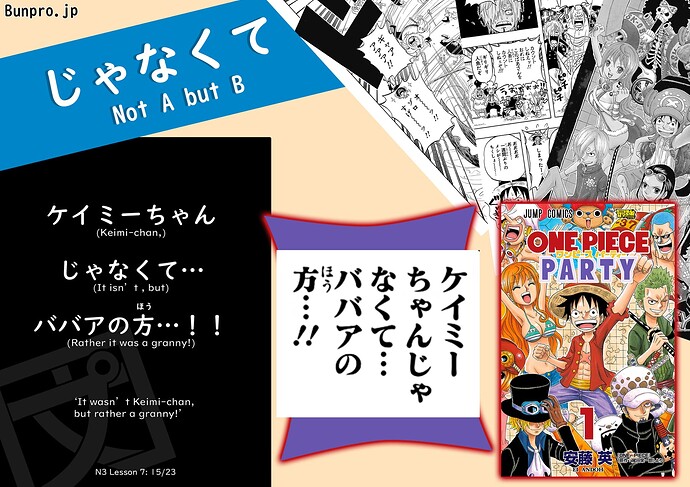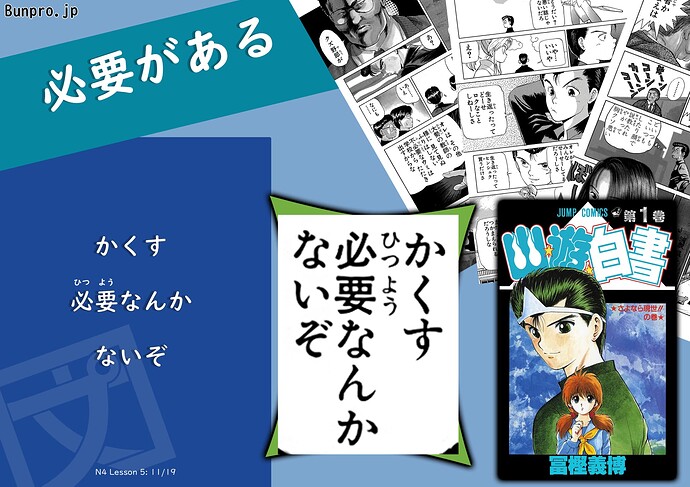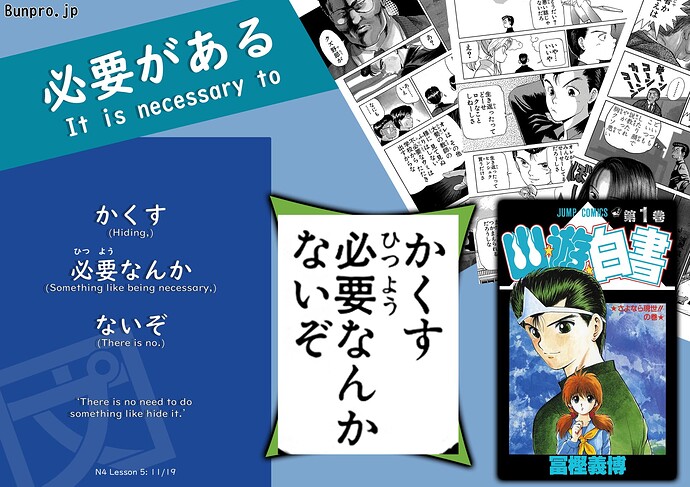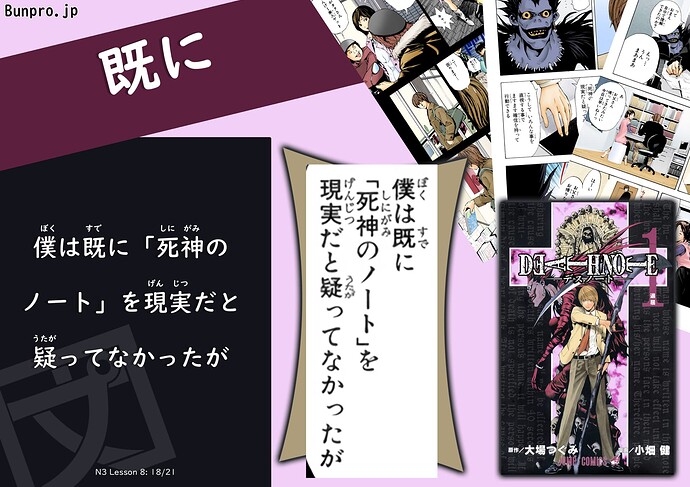August 26th Translation
Notes :
In one of our earlier GrammarInTheWild’s, we saw a panel with より but not ‘の方’. In this panel we can see the opposite! When の方 is used by itself, it just adds a ‘rather’ to the meaning. ‘It wasn’t (A), but -rather- it was (B)’. Just like in English this doesn’t change the meaning of the sentence, but makes it sound just a tiny bit stronger.



 I meant to reply to Asher
I meant to reply to Asher , just need to put an ‘it’ where the question mark is.
, just need to put an ‘it’ where the question mark is.






 the だと is kind of tripping me up a bit. Also I hadn’t learned 既に yet so that’s cool.
the だと is kind of tripping me up a bit. Also I hadn’t learned 既に yet so that’s cool.